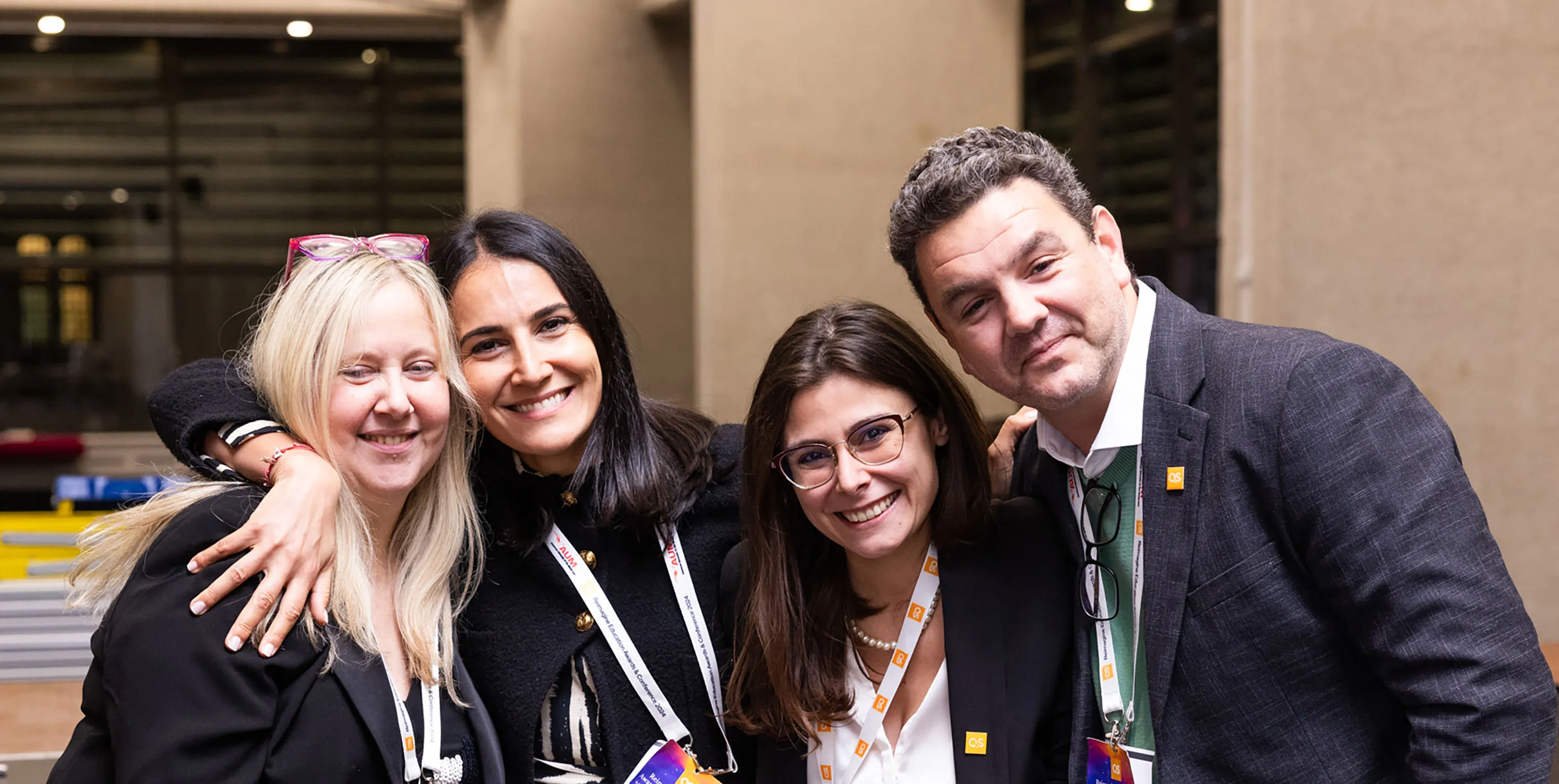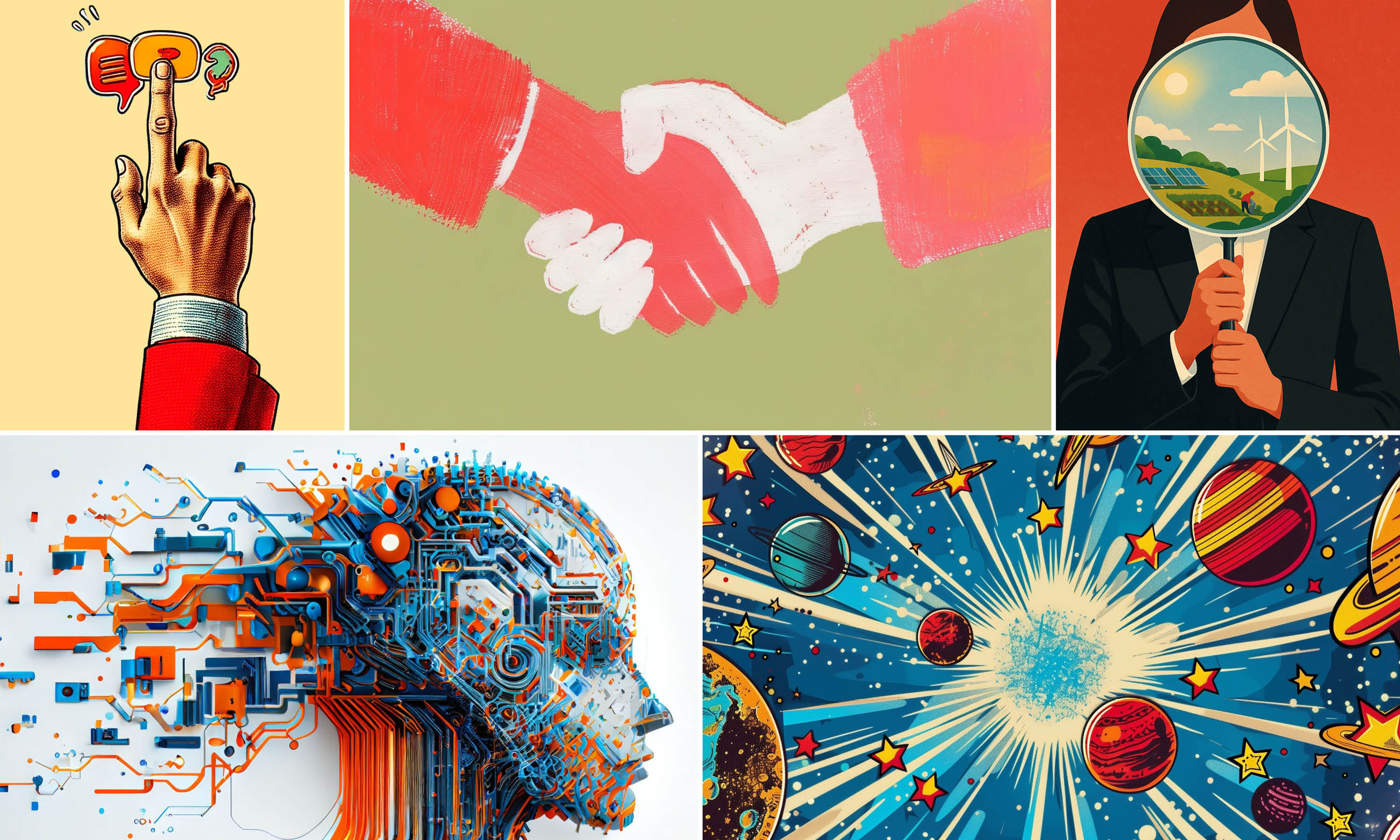Insights from Brian Bohan at the 2025 Back to School Summit
At the Back to School Summit 2025 in New York, held from 9 to 11 September, education and technology leaders gathered to explore the future of education, skill and workforce. Among them was Brian Bohan, Director and Global Lead for the Consulting Partner Center of Excellence at Amazon Web Services (AWS), who discussed how artificial intelligence is reshaping learning.
Drawing on his work with thousands of consulting partners worldwide, Bohan urged educators to focus less on the tools of technology and more on the people who bring learning to life: the teachers.
“My biggest concern, working for a technology company, is that we will fixate on the technology and on the processes,” he said.
Putting the teacher first
Bohan argued that teachers should be placed at the centre of innovation so their role can be elevated. “By putting that teacher first… how do we unlock their unique human potential?” he posed. He added technology should be used to elevate teachers’ focus on the personal aspects of learning. “Learning is frequently human-to-human,” he said. “How do we free up that time to unlock it? That happens while using the technology to offload some of the more burdensome tasks to free that teacher up.”
Bohan cautioned against systems that are overly centralised or slow to adapt. “We have to realise is… that there’s this tension, between what's happening on the front lines, in this case the classroom, versus what people want to control from the centre,” he said.
The human difference in hyper-personalisation
When asked about personalised learning, Bohan said the concept is finally achievable because of recent advances in AI. “We’re on the precipice,” he said. “[We’re at] the advent of reasoning models, who are able to go multi step reasoning, go very deep, truly understand and even empathize with the individual.”
He noted that new capabilities such as long-term and short-term memory in workflows are allowing for more continuous learning interactions. “Now, when you’re either a teacher or a student and you’re running through your curriculum, [the ongoing learning] persists,” he said. “[The models are] aware and have a context of what went before, where we are now, and where you need to go later. This was not a thing until six months ago.”
These changes, he suggested, make hyper-personalisation realistic at last, though they also raise new challenges around empathy, safety and responsible implementation.

Change management and the culture of trust
For Bohan, the success of AI integration depends on people as much as technology. “The danger is we build a lot of really compelling technology, and it does not get adopted the way we think it’s going to get adopted,” he said.
He acknowledged that educators and administrators often fear losing clarity over their roles. “Teachers may resist it, or the administrators may resist it, because it looks a lot different from how they’ve always done things,” he said. “Then there's all these questions of like, well, what is my role in that? Like, what do I do? Where do I add value?”
To help institutions adapt, Bohan proposed drawing on disciplines beyond technology, such as anthropologists, particularly as people build relationships with AI. He predicted that, beyond the classroom, it would completely change culture, saying that we need to make sure that systems are in place to reflect and reinforce a culture that humans want.
Moving forward
Asked how educators should act in a fast-changing environment, Bohan replied with a metaphor. “It’s like we’re all sprinting in the fog,” he said. “You need to be fixed on your vision, but agile on how you get there.” He concluded that no one has all the answers yet. “No one’s an experts,” he said. “But we’re all in learn-and-be-curious modes, which is amazing.”
At a Summit filled with discussions about systems and software, Bohan’s session stood out for its reminder that the future of education depends on human potential. Teachers, he said, should not just keep up with technology. They should lead its most meaningful transformations.









.jpeg)





.jpg)
.jpg)


.jpg)